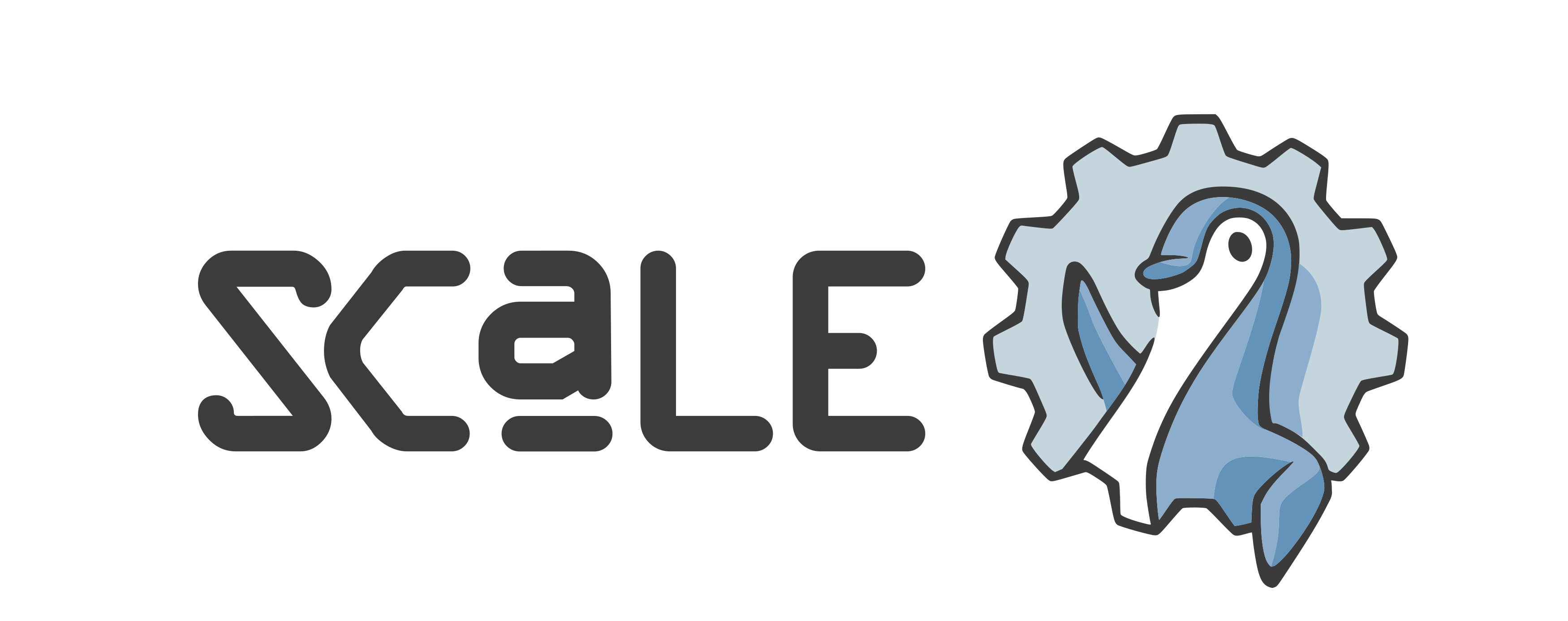[Blogger's Note: SCALE 10X will be asking some of the speakers to weigh in on their presentations for the expo. This is the Q-and-A for Mark Burgess, who will give a talk on “3 Myths and 3 Challenges to Bring System Administration out of the Dark Ages” on Friday.]
Q: Could you please introduce yourself and tell us a little about your background?
A: Well, let's see. I'm the founder, CTO and original author of CFEngine. I also used to be Professor of Network and System Administration at Oslo University College, but now I'm full time at the CFEngine company. I have a Ph.D in Theoretical Physics and I've been working on system administration as a researcher and sort of activist for nearly 20 years. I've written a number of text books for universities and dozens of scientific papers on the subject and I'm still pretty engaged in thinking about the future of IT technology. I like to get my hands dirty with practical issues, even though I'm a theorist. Theory is no good unless it is an accurate model of reality.
Q: You're giving a talk at SCALE 10X on “3 Myths and 3 Challenges to Bring System Administration out of the Dark Ages.” Without tipping your hand on the actual talk, can you give us an idea of what we might expect?
A: The talk is really about the future of system administration or IT management. I suppose what I'm doing is pointing out that system administration need to move on from some old-fashioned practices and explain why. Although it is not directly about CFEngine, a lot of these ideas have really come out of the years of research and lessons learned from making CFEngine 3. I'll be saying why we need to start looking at this kind of third generation technology to handle what's coming in the next ten years. I hope the talk will be a bit entertaining and will poke fun at the mirror in a humourous way.
Q: According to your bio, you have a very extensive background on System Administration, in both the academic and private sector. How has System Administration changed over the years, and are the challenges different than they were in years past?
A: That's quite a difficult question to answer. I feel that system administration itself has not changed very much in spirit. We cling to a lot of old ideas in a majority of institutions. The tools and technologies have changed a lot though -- and have especially been enhanced by Free/Open Source Software. The GNU project was a kind of Berlin wall moment for software -- opening up the borders of software creativity from the old monolithic software vendors to a freedom of ideas and the ultimately to a new commerce. That's now reaching maturity. This was always to be expected, but it's a subversive trend. That freedom drives commercial growth, which in turn drives demand for IT, and the size of installations -- so obviously datacentres are hundreds of times bigger than they were in the past. Scale and complexity are growing all the time and will soon become unmanageable without an attention to proper modelling. People are being forced to adopt modern methods, sometimes kicking and screaming.
Q: So what is the future system administrator?
A: System administration is engineering, even today, So the sysadmin of the future will be a fully fledged infrastructure engineer, equipped with proper tools and analytical skills. He or she will watch over an infrastructure that is more smoothly hidden from view. I don't like this expression "infrastructure is code" used by some DevOps commentators. I believe infrastructure should be more akin to documentation than code -- i.e. something that's there to be used without having to perform surgery on it to make a change. I think that is a difference between CFEngine 3 and other tools for configuration management, for instance, at least in edge cases. Future engineers will also have to deal with far greater numbers of devices at every scale from mobile phones to small embedded devices, up to mainframes and cloud installations. There might be less diversity in operating system, but a great focus on the application layer -- so ultimately greater complexity. I believe we're moving increasingly into what Alvin Toffler called the Third Wave of society -- away from the industrial era and all its monolithic mass production methods, towards a society driven by individual freedoms and diversity. Hallelujah! (laughs) That makes for an exciting challenge for the IT infrastructure engineer. In particular, it means that knowledge management will be a core competence, and there will be a more optimal division of labour between Man and Machine. We're also going to have to reconsider what we mean by security.
Q: Is this your first visit to SCALE? If so, what are your expectations? If not, can you give us your impressions of the event?
A: I attended SCALE 9x last year and gave a talk on the future of configuration management. SCALE is a pretty friendly event, with smart, likeable people. I'm looking forward to coming back this year.
Q: Is there anything else you'd like to add?
A. Apart from small and preferably prime numbers, no thank you, (laughs). I'll just wish everyone an amazing event and look forward to participating.
Thank you for taking part in this brief SCALE 10X interview.
